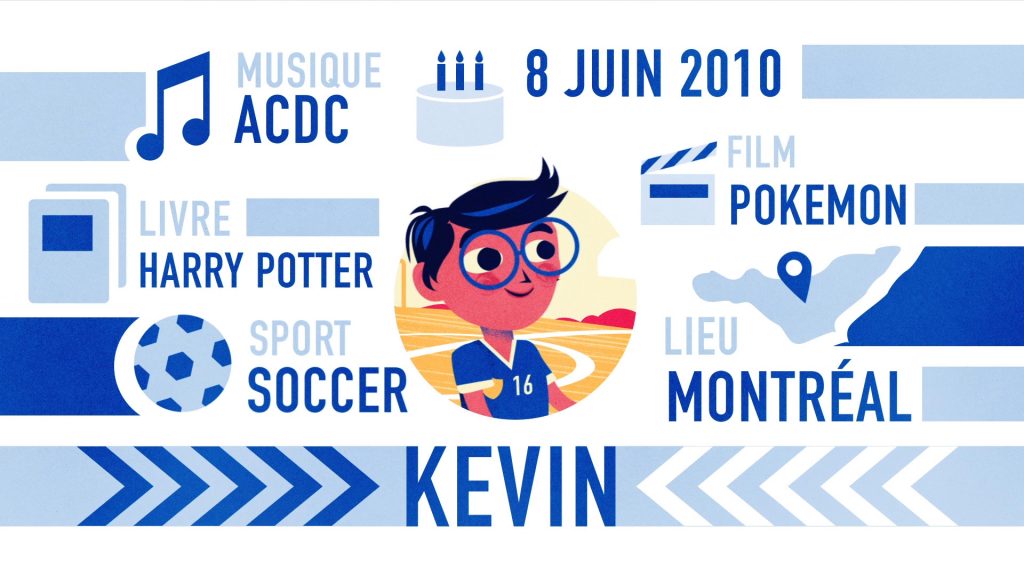Your child’s first birthday, the start of the last school year, family vacations—as a parent, it’s nice to share the latest news about your kids or their achievements.
Sadly, doing so on social media can expose them to risks that are often hidden, as personal information, photos, and video could harm their reputations in later life or be used by malicious people for child porn or identity theft.
Risks
Children’s Virtual Identity
Identity Theft
[1].
Children’s Privacy and Reputation
Bullying
Child Pornography
Future Use of Personal Information
[1] Childrens' Commissionner for England, Who knows What About Me?, A Children's Commissioner Report into the Collection and Sharing of Children's Data, November 2018
Tips
As a parent, there are ways to limit the risks to which you expose your children when you post on social media. Here are some examples:
- Before posting online, it is a good idea to evaluate the content and ask yourself some questions [2]:
– Why are you sharing it?
– Would you want someone to share it about you?
– Could your child be embarrassed by it, now or in the future?
– Is there anyone in the world who shouldn’t see this about your child, now or at any point in the future??
– Is this something you want to be part of your child’s digital footprint? - Limit the number of social media posts you make about your children.
- Avoid any posts that may reveal your children’s personal information such as name, date of birth, address, school name, health information, habits, or anything that can be used to answer security questions.
- Avoid any posts showing your children in embarrassing situations.
- Avoid posts containing photographs of your children containing partial or complete nudity.
- If your children are 7 years old or can understand what you’re doing, get their consent before posting.
- If they’re older, tell them you’ve posted about them and show them the post.
- If you children ask you to remove or delete a post about them, do so.
- Learn about the privacy settings on social networks:
– Make sure your account is “private” and does not appear on search engines such as Google.
– Also make sure only authorized people have access to your posts.
– For more information on social network privacy settings: Facebook, Instagram,Twitter, YouTube. - Stay alert to what you post about your children in “private” groups on social media (Facebook primarily):– Make sure that the group is “private”, meaning that only those you allow can join the group.– Ensure that the group is “secret”, meaning that only members who have access can find it.– Keep in mind that members of a group can copy, save and share the information you post.
[2] Claire McCarthy, MD, FAAP, Sharenting: 5 Questions To Ask Before You Post
This project has been funded by :
THE OFFICE OF THE PRIVACY COMMISSIONNER OF CANADA (OPC)
The views expressed herein are those of the author(s) and do not necessarily reflect those of the OPC
Video production: Wolfgang Animation


